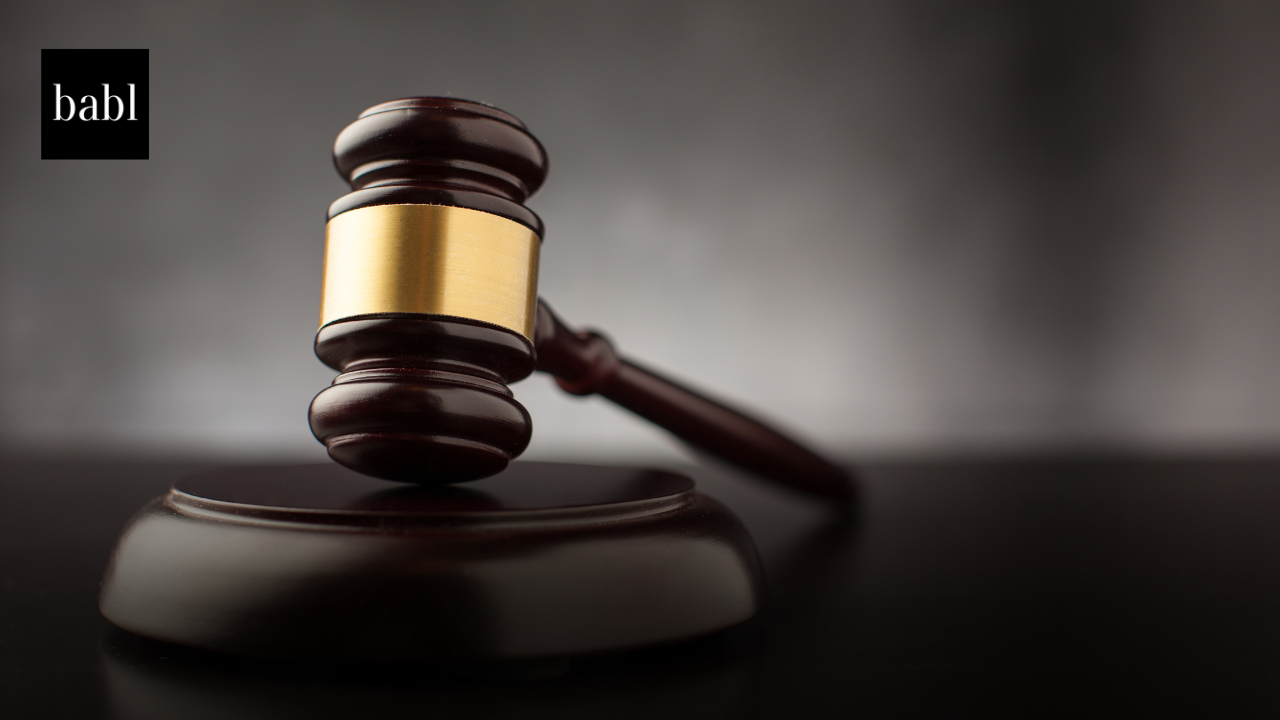In a bold move to prepare students for an AI-driven future, the Nevada Department of Education (NDE) has released a comprehensive new framework for integrating artificial intelligence into the classroom. Titled “Nevada’s STELLAR Pathway to AI Teaching and Learning: Ethics, Principles, and Guidance,” the 52-page document outlines a strategic vision for safely and effectively implementing AI in schools from pre-kindergarten through 12th grade.
At the heart of the initiative is the STELLAR acronym, which encapsulates the framework’s core values: Security, Transparency, Empowerment, Learning, Leadership, Achievement, and Responsible Use. These principles form the foundation for Nevada’s approach to equipping educators and students with the tools and knowledge necessary to use AI responsibly and creatively.
“AI is a powerful tool, but it must be used ethically, equitably, and transparently,” said State Superintendent Jhone Ebert. “This guide ensures we amplify opportunities for every Nevada student without compromising safety or academic integrity.”
The STELLAR Pathway is designed to be inclusive and accessible. It addresses the varying levels of AI familiarity among teachers, administrators, students, and parents by offering differentiated guidance and promoting AI literacy across the board. It encourages educators to set clear expectations around AI usage, foster classroom discussions about its limitations, and model responsible behavior when using AI tools.
Students are urged to approach AI with curiosity and critical thinking, learning to question results, identify biases, and understand the ethical considerations of using generative technologies. The framework places a strong emphasis on preparing students not just as consumers of AI, but as future developers, leaders, and responsible digital citizens.
The document also underscores the importance of data privacy and compliance. It provides recommendations for aligning AI practices with federal regulations such as FERPA and COPPA, and calls on school leaders to implement regular audits, assess vendor reliability, and involve families in decision-making about AI tool adoption.
To ensure the framework reflects diverse perspectives, the NDE convened the Nevada AI Alliance—comprising educators, students, families, technology partners, and policy experts. This collaborative effort included town halls, focus groups, and listening sessions, resulting in a document that is both visionary and grounded in the realities of today’s classrooms.
The STELLAR framework arrives as generative AI tools like ChatGPT, image generators, and personalized learning platforms are rapidly making their way into schools. While these technologies hold promise for transforming education, concerns around bias, misinformation, and student privacy have led to calls for clearer policies and guardrails.
Nevada’s guidance aims to address these concerns by balancing innovation with responsibility. In doing so, it positions the state as a national leader in defining what AI readiness looks like for students and educators alike.
“By adopting this framework, we’re making sure Nevada students don’t just use AI—they understand it, question it, and are prepared to lead in a world shaped by it,” said Ebert.
Need Help?
If you have questions or concerns about any Nevada, or global, guidelines, regulations and laws, don’t hesitate to reach out to BABL AI. Their Audit Experts can offer valuable insight, and ensure you’re informed and compliant.





